PETALING JAYA (Aug 17): Property consultancy firm Knight Frank’s Prime Global Cities Index that tracks prime residential prices across 37 global cities worldwide has shown Vancouver leading the rankings for the fifth consecutive quarter.
According to Knight Frank, the results for 2Q2016 showed that Vancouver’s prime prices have increased 36.4% in the year to June. However, in July, the city received a surprise announcement that the British Columbia Government plans to introduce a new 15% tax for foreign buyers, effective Aug 2.
Overall, the index has increased 4.4% in the year to June 2, 2016 — its highest growth rate over the last two years, it said.
The Knight Frank Prime Global Cities Index enables investors and developers to monitor and compare the performance of prime residential prices across key global cities. Prime property corresponds to the top 5% of the wider housing market in each city. The index is compiled on a quarterly basis using data from Knight Frank’s network of global offices and research teams.
Other top performers for the current quarter include Shanghai (22.5%), Cape Town (16.1%), Toronto (12.6%), Melbourne (11%) and Sydney (10.2%) which all saw annual price growth reaching double-digit figures in the year to June 2016.
A breakdown by world region shows that Australasia is on top, prime prices increased by 11% on average year-on-year (yoy), followed by North America (10%).
Meanwhile, Hong Kong has eclipsed Taipei this quarter as the weakest-performing residential market as prime prices slipped 8% over the last 12 months as supply increased and concerns over the slowdown in the local economy persisted.
In London, prime prices were already softening prior to the EU referendum or Brexit in June as the city absorbed the fifth change to stamp duty rates in as many years.
Kuala Lumpur, however, saw a decline of 2.2% from June 2015 to June 2016. In the last quarter, the prime price remained at -0.7%, based on the report.
Knight Frank Asia Pacific head of research Nicholas Holt said, “The latest move by policymakers in Vancouver to apply an additional tax for foreign buyers has mirrored some of the similar moves over the last few years in Asia Pacific.
“Hong Kong and Singapore, most notably, have added 15% additional buyers’ stamp duties while the Australian states of Victoria, Queensland and New South Wales have also recently introduced various additional levies for foreign buyers.
“Conversely, liberalisation is the flip side of protectionism; whilst we have seen foreign buyers penalised in certain markets, in Vietnam and Indonesia, for example, we have seen policymakers go the other way with recent moves to relax rules for non-nationals.
“Increasingly, however, whether you are a domestic or foreign property investor, policy interventions are becoming more regular — and in some cases unpredictable — meaning that market analysis must move beyond the simple demand-supply relationship and pricing into the realms of political science,” said Holt.
Meanwhile, head of international residential research Kate Everett-Allen commented that “the global economy is still in a precarious state lacking any real engine of growth”.
“Low oil prices, deflationary concerns in the eurozone, uncertainty surrounding the impact of the UK’s Brexit decision and weaker-than-forecast US GDP figures represent just some of the challenges on the global economic landscape,” she said.
Try out one of our super tools, the rental yield calculator, here.
TOP PICKS BY EDGEPROP
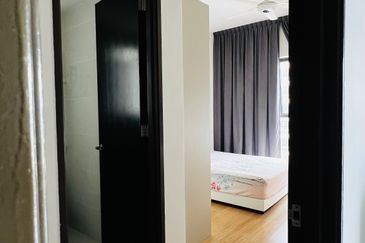
Baypoint @ Country Garden Danga Bay
Johor Bahru, Johor
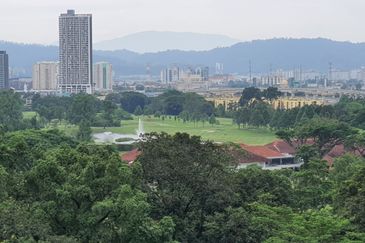
Menara Bintang Goldhill
Bukit Bintang, Kuala Lumpur
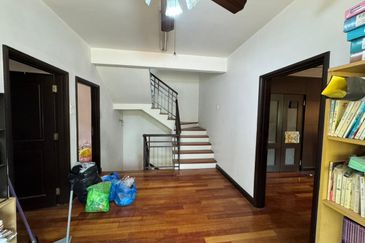
Bandar Bukit Tinggi
Bandar Botanic/Bandar Bukit Tinggi, Selangor
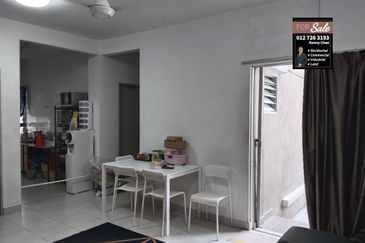
Pangsapuri Akasia, Bandar Botanic
Bandar Botanic/Bandar Bukit Tinggi, Selangor

Pangsapuri Akasia, Bandar Botanic
Bandar Botanic/Bandar Bukit Tinggi, Selangor
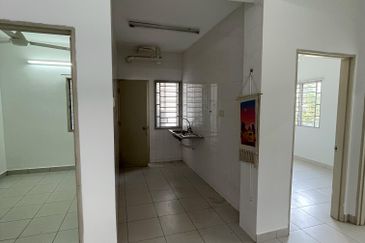
Pangsapuri Akasia, Bandar Botanic
Bandar Botanic/Bandar Bukit Tinggi, Selangor

Menara HLX (formerly Menara HLA)
KL City Centre, Kuala Lumpur

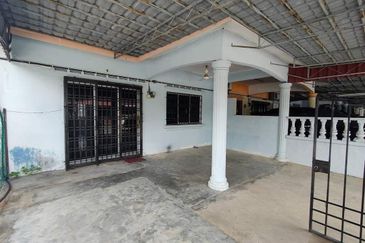
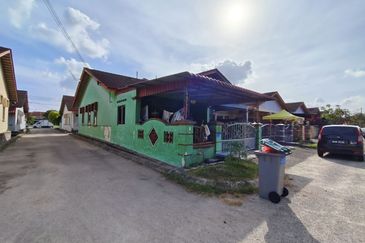
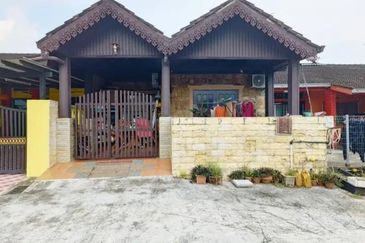
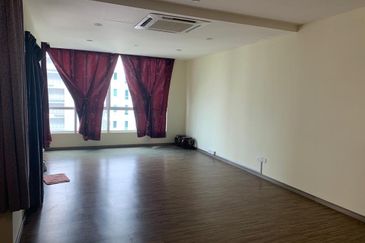
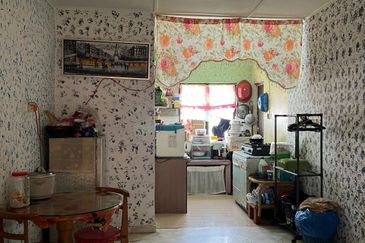
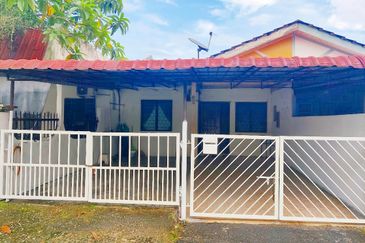
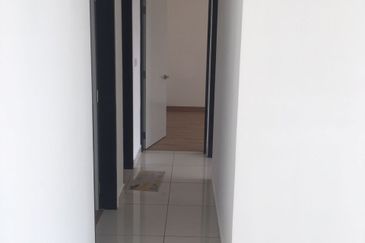





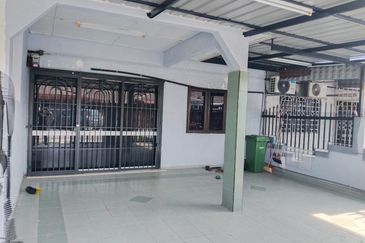
hero.jpg?GPem8xdIFjEDnmfAHjnS.4wbzvW8BrWw)



